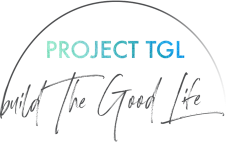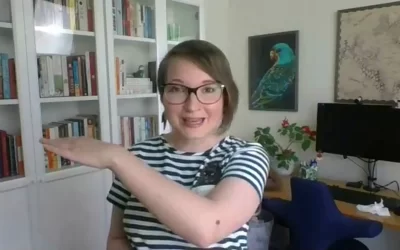In 2022 my ability to concentrate on the written word disappeared. As a lifelong reader, reading has always been a core part of my life and of my identity. (Even before I could read, my pre-school teachers expressed concern to my parents about how much time I spent in the book corner.)
But throughout 2022, I’d sit down to read, and within 5 minutes find myself fidgeting, staring into space, or scrolling social media. Reading felt unbearably slow and I couldn’t shake the feeling that I could be getting more out of my time by doing some faster activity.
Have you ever noticed how we often talk about time in much the same way we talk about money? Time is a commodity. It’s something we can trade, spend, waste, be inefficient with, or get the most out of.
This way of thinking about time can be helpful — it can help make us more effective in our jobs, and better at dealing with life chores so that we have more leisure time.
This way of thinking about time is also insidious. What you do with your time is, eventually, what you do with your life. When we think of time as a commodity, we start to think about our own personal value in terms of how much we are able to get done with our limited time.
For me, 2022 was a personally difficult and stressful year, and in response to a feeling of “never having enough time”, I started unthinkingly accepting a commodified narrative of time.
If I sit down and read for an hour I’ll only get through a small percentage of this book, I’d tell myself. I need to get more out of this time.
By thinking about my time — all of my time, including my leisure time — as a commodity that can be maximised or wasted, I had turned my whole life into a commodity.
After all, reading is a core part of my identity, it’s part of who I am. By telling myself that there was something more important that I could do with that time, I was telling myself that I could trade who I am for something more valuable.
In December, I finally realised how ridiculous (and how harmful to my sense of self) this way of thinking was, and decided to make a change.
And so I did.
How did I break this mindset and decommodify my time? I wish I could give you an easy answer, but the truth is that I simply committed myself to slow leisure: reading, knitting, viewing art — the kinds of activities that take time, have slow results, and are absolutely pointless when hurried.
At first, I was still fidgety, restless, and distractible. I kept showing up for myself anyway. I kept feeding my soul with slow leisure activities that are meaningful to me. When I did get distracted, I told myself That’s OK — there’s nothing I had to ‘get out of‘ this time anyway so it’s fine that I did something different.
And each time I engaged in slow leisure I felt a tiny bit calmer and more focussed. I felt a tiny bit more myself.




